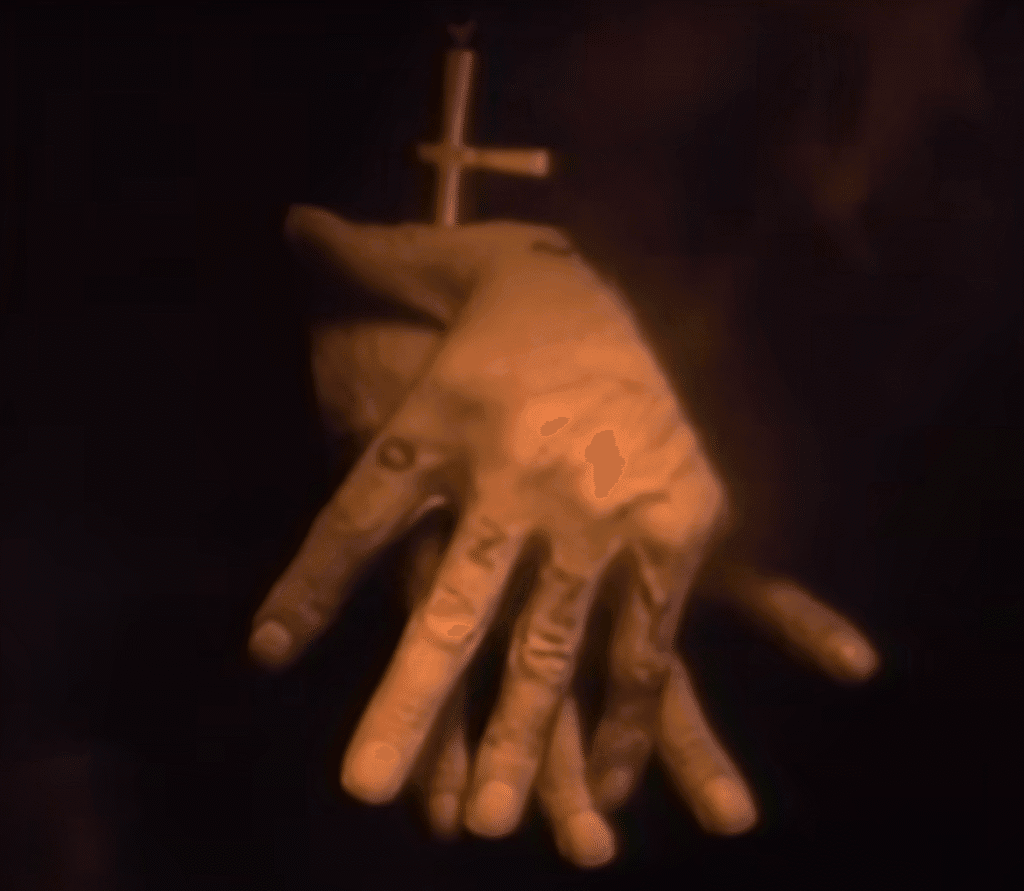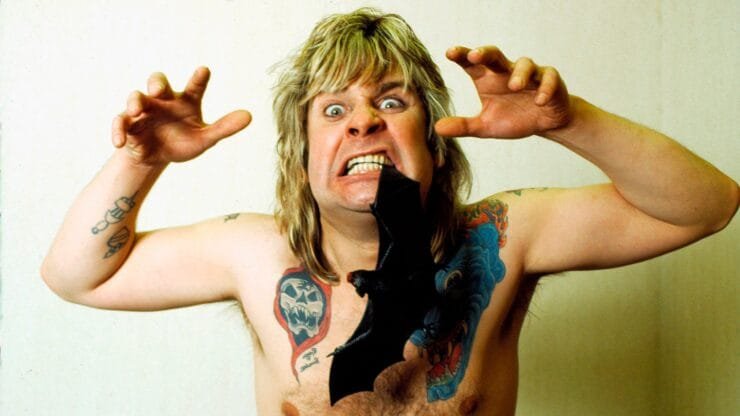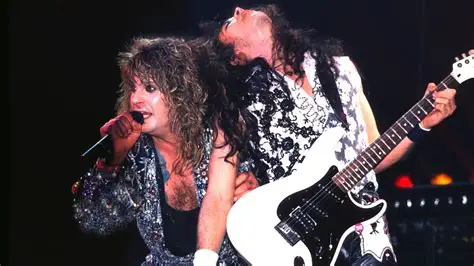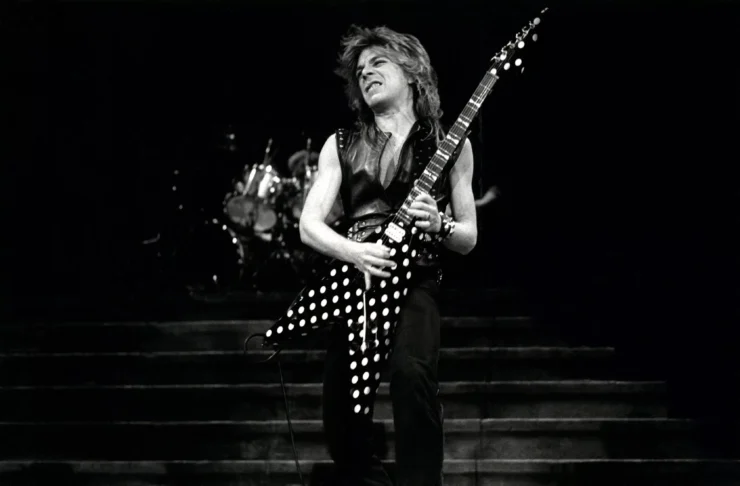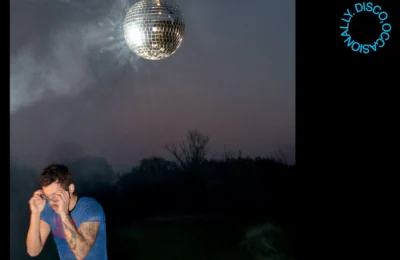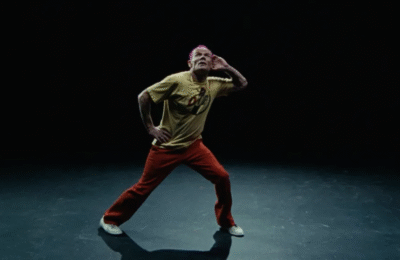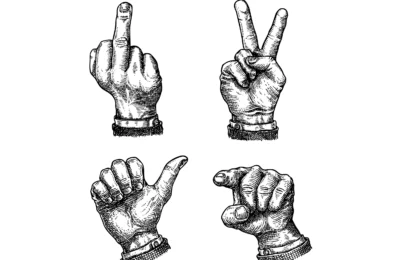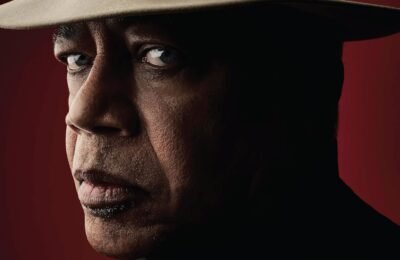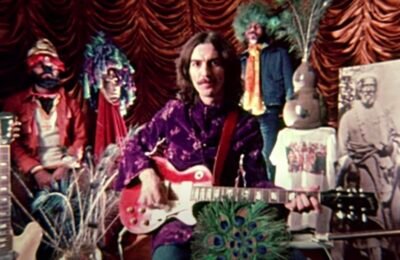Today, the world of rock and roll mourns the loss of one of its most iconic figures.
Ozzy Osbourne—the legendary front man, the Prince of Darkness, and a true pioneer of heavy metal—has passed away after a long and difficult battle with Parkinson’s disease.
It is a profoundly sad moment. One that marks the end of an era and reminds us of the fleeting nature of even the loudest voices.
Ozzy wasn’t just a singer or a performer; he was a living symbol of rebellion, survival, and transformation. His voice, energy, and unapologetic presence defined entire generations and reshaped the sound of modern music forever.
A Legacy Forged in Grit and Gloom
Ozzy’s journey began in the industrial heart of Birmingham. Along with Tony Lommi, Geezer Butler, and Bill Ward, he formed Black Sabbath —a band unlike anything the world had ever seen or heard.
While much of the late 1960s and early 1970s music scene was saturated with psychedelic dreams and flower-powered optimism, Sabbath stood in sharp contrast, delivering a raw, haunting, and brutally honest sound that spoke to real-world fear, inner darkness, and working-class struggle.
With thunderous riffs, doomy atmospheres, and lyrics that addressed war, madness, addiction, and existential dread, Black Sabbath didn’t just make music—they carved out a new dimension of sound.
And at the center of it all was Ozzy. His eerie, unforgettable voice became the soundtrack for a new generation of listeners searching for something real, something that cut deeper than peace signs and acid trips.
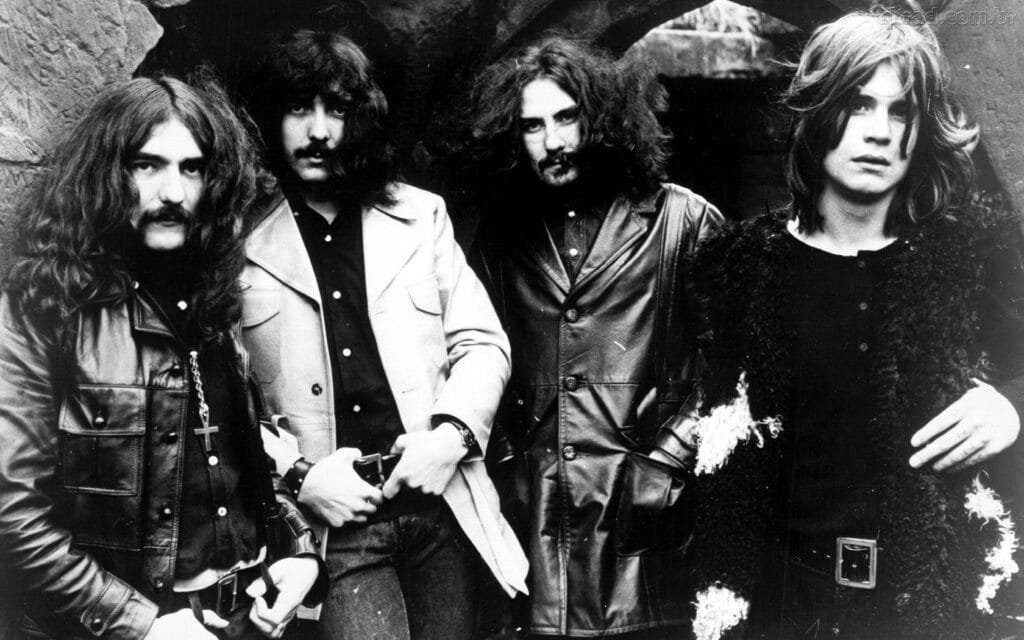
A Fall from Grace—and a Phoenix Rising
After years of success with Black Sabbath, Ozzy’s life began to spiral out of control due to substance abuse and personal turmoil. Eventually, he was fired from the band he helped build. For a time, he seemed completely lost—adrift in chaos, unsure of what would come next.
But in that darkest hour, a turning point came. Sharon Osbourne—his second wife and the force behind the scenes—refused to let him fade away. She saw in him not just the man he was, but the artist he could still become. With her strength and guidance, she helped him assemble a new band. This time with the extraordinary and innovative guitarist Randy Rhoads, whose talent and creativity would define Ozzy’s solo career.
Though tragedy struck again when Rhoads died in a tragic accident, Ozzy continued to forge ahead, channeling grief into greatness. Albums like Blizzard of Ozz and Diary of a Madman not only reignited his career but also introduced a new generation to his unique blend of chaos, melody, and metal.
Over the years, Ozzy continued to surround himself with exceptional musicians, including guitarists Jake E. Lee and Zakk Wyld, each of whom added their own voice to his evolving sound.
Through ups and downs, controversy and acclaim, Ozzy remained a constant—a defiant voice screaming through the noise.
Reigniting the Flame of Metal
As heavy metal began to wane in mainstream popularity during the 1990s, Ozzy once again stepped into the role of pioneer —not just as a performer, but as a curator and supporter of the scene.
With the creation of Ozzfest, he offered a stage for both legendary bands and emerging artists, breathing new life into a genre that the music industry had all but written off.
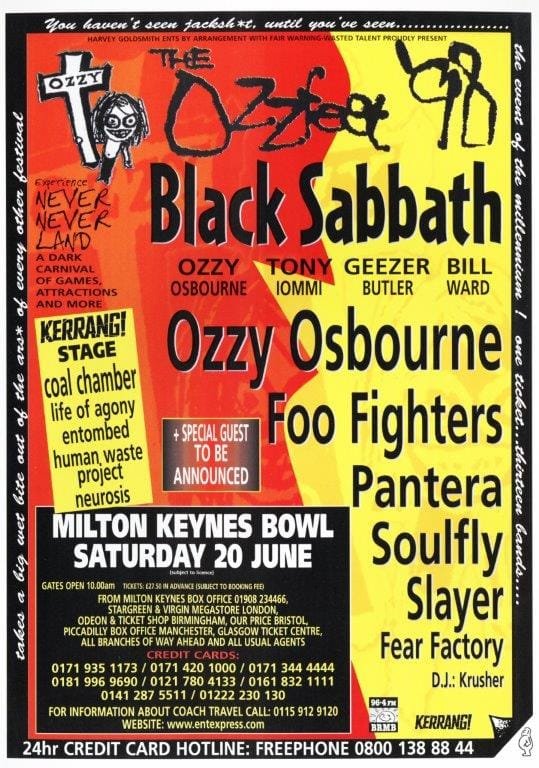
Through Ozzfest, Ozzy didn’t just stay relevant. He became a lifeline for heavy metal, giving young bands a chance to shine while reconnecting fans to the raw energy that first drew them to the music.
He built a bridge between generations, ensuring that metal’s torch would not only be passed on but burn even brighter.
The Final Bow
After an emotional and powerful reunion performance with Black Sabbath, it felt as though the story had come full circle. There was a sense of closure—a farewell that was both triumphant and bittersweet.
And now, only weeks after that final bow, Ozzy has left us.
But though the man is gone, the music—the legacy, the energy, the madness—will never die. Ozzy Osbourne was more than a rock star. He was a symbol of resilience, a beacon for those who never quite fit in, and proof that even through chaos, greatness can rise.
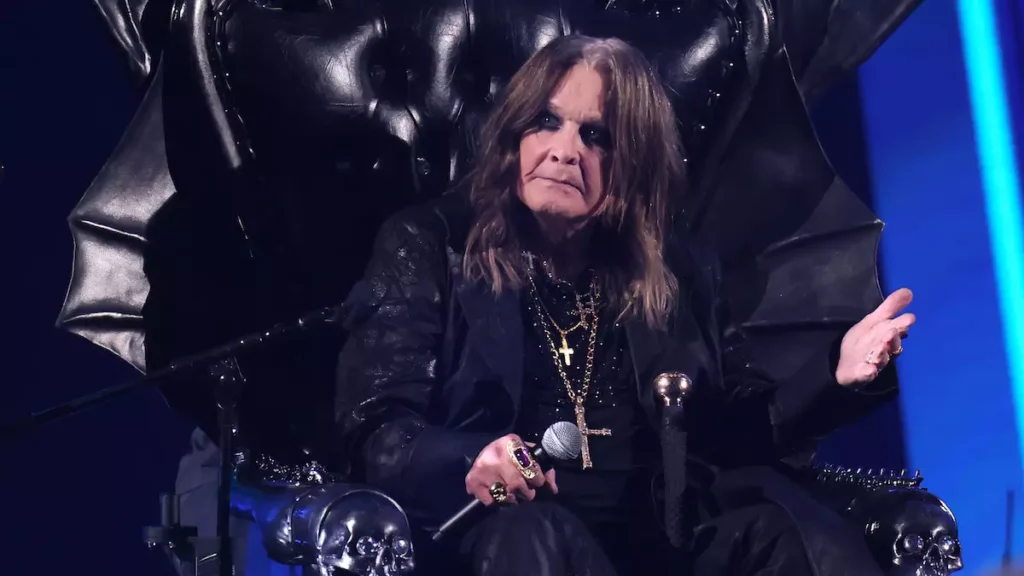
Rest in Power, Ozzy
Ozzy, your voice haunted us, inspired us, and made us feel alive in ways few artists ever could.
You taught us that being different isn’t a curse—it’s a kind of freedom. That falling doesn’t mean failing. And that sometimes, the wildest, loudest, most broken souls are the ones who burn the brightest.
Thank you for the madness,
Thank you for the music,
Thank you for never playing it safe.
Rest in power, Madman. The world is darker without you—but your sound will echo across time.
See you on the other side.
